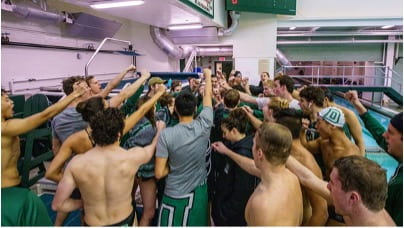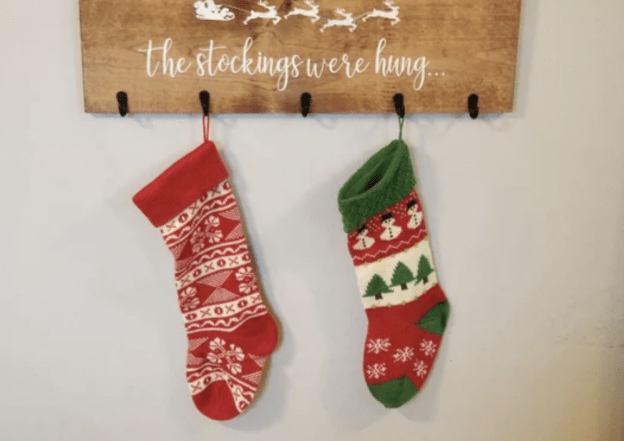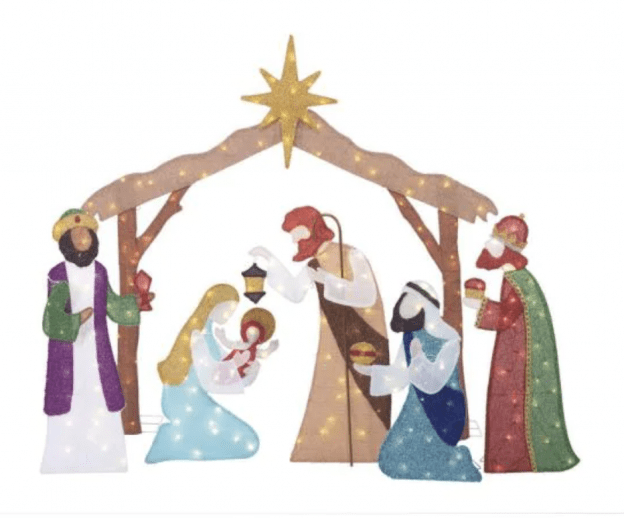Title: “Positive Vision”
General Information about Item:
- Genre: Magic Superstition, Homeopathic
- Language: English
- Country of Origin: United States
- Informant: J.H.
- Date Collected: 11-4-21
Informant Data:
- J.H. is a 20-year-old student athlete at Dartmouth College in the class of 2023. He is from Stamford, CT and is on the diving team. He was raised in a family of divers, as his father was also his diving coach.
Contextual Data:
- Cultural Context: Sports teams always have different rituals or superstitions they follow so that they have success in their sport. Diving is no different. For diving, you are expected to perform with perfection every time. It is a difficult sport with many intricacies.
- Social Context: Within the team atmosphere, every teammate relies on each other to perform to the best of their abilities. Team’s need to have every guy pulling the rope in the same direction for success, so it’s important that every person does whatever they can to reassure their performance. J.H.’s superstition is one that is performed right as they walk out the door. His team has always done this superstition as someone from Dartmouth unknown in the past brought it to their locker room.
Item:
- The item here is a superstition the entire team has. There is a sign above their door that every guy taps before they exit their locker room for the meet. The sign says, “Positive Vision”. In addition to performing this action, the team also has a pregame chant which can be seen in the picture below. (Unfortunately, I was not able to get a photo of the locker room sign.)
Associated file (a video, audio, or image file):

Transcript:
- “Sort of a good luck charm we have is, as we walk out the locker room door, we all tap a sign that says, ‘Positive Vision’. This sign has been in our locker room for many years and has always been a team tradition. We also have a pregame chant that dates back decades if not centuries”
Informant’s Comments:
- He believes in these superstitions and thinks if the team doesn’t do these superstitions each game, they will have bad luck and won’t perform well as a team.
Collector’s Comments:
- I think these superstitions are unique and interesting. The chant is something that is secret to their team and so my informant wouldn’t share the words. I also thought it was cool that he said these superstitions date back decades. He had no idea when or how they started but it’s something their team has consistently practiced since.
Collector’s Name:
Tanner Palocsik
Dartmouth College
Russia 013 Fall 2021
Professors Apresyan and Gronas










